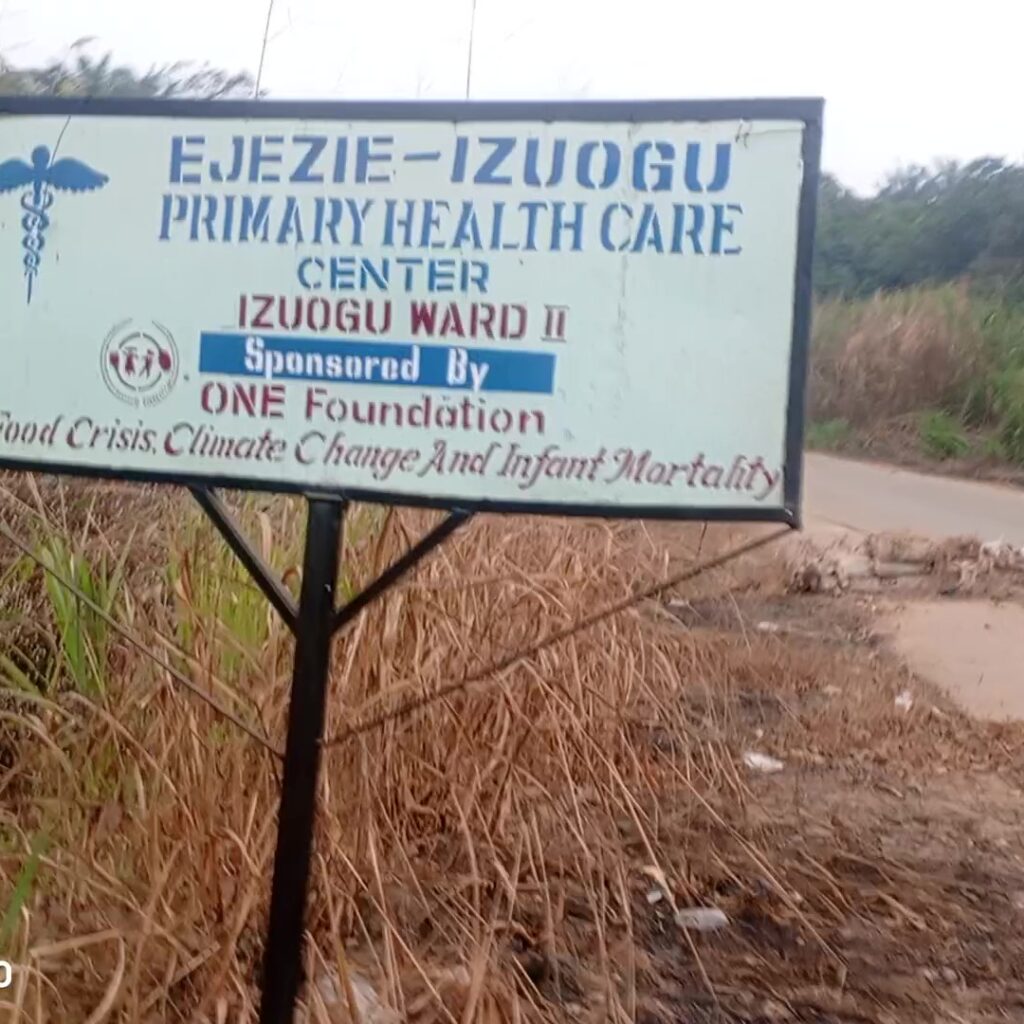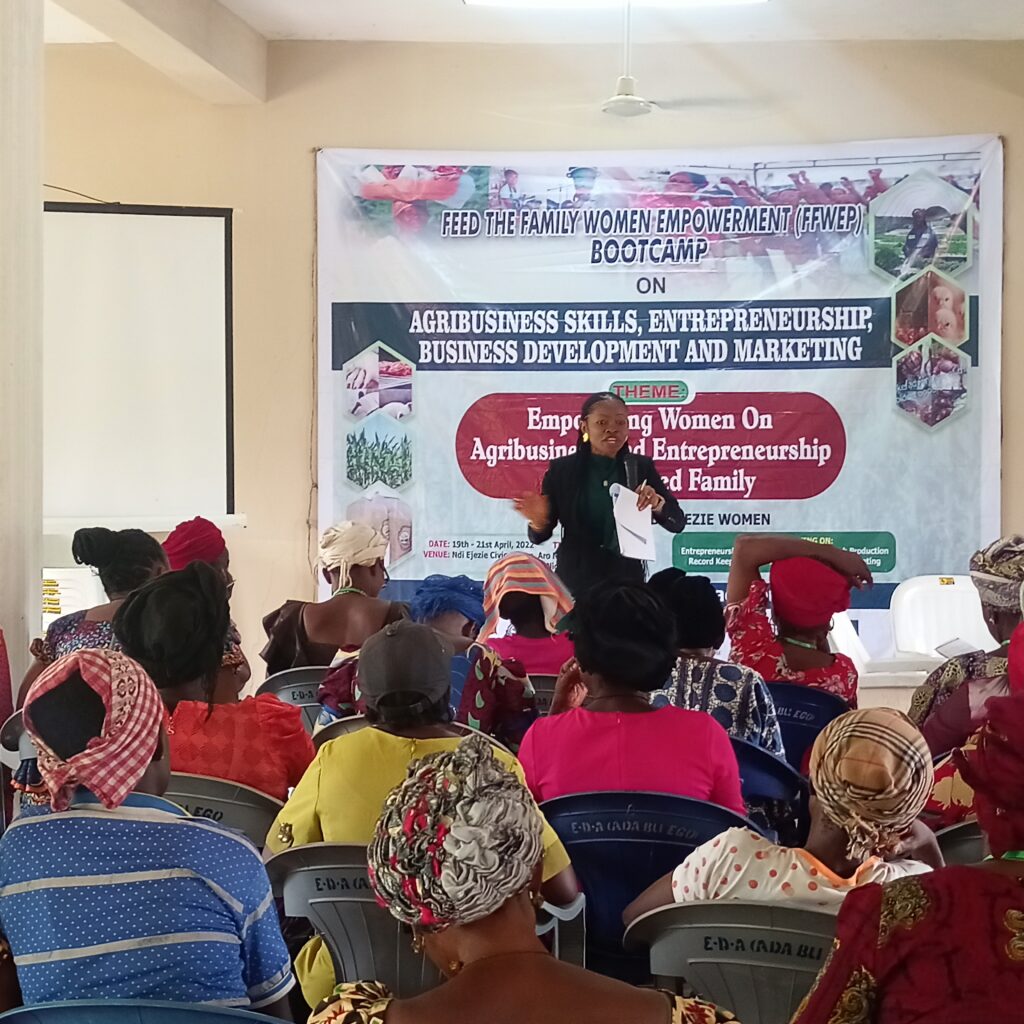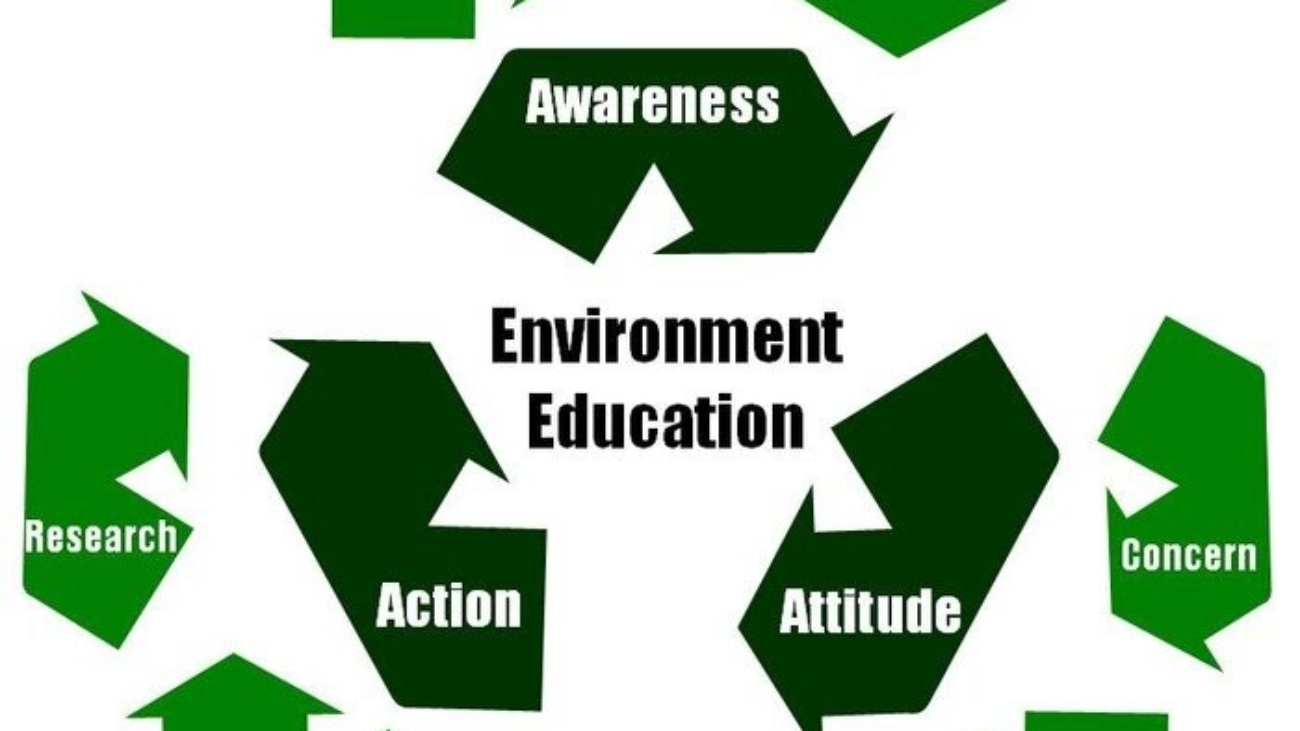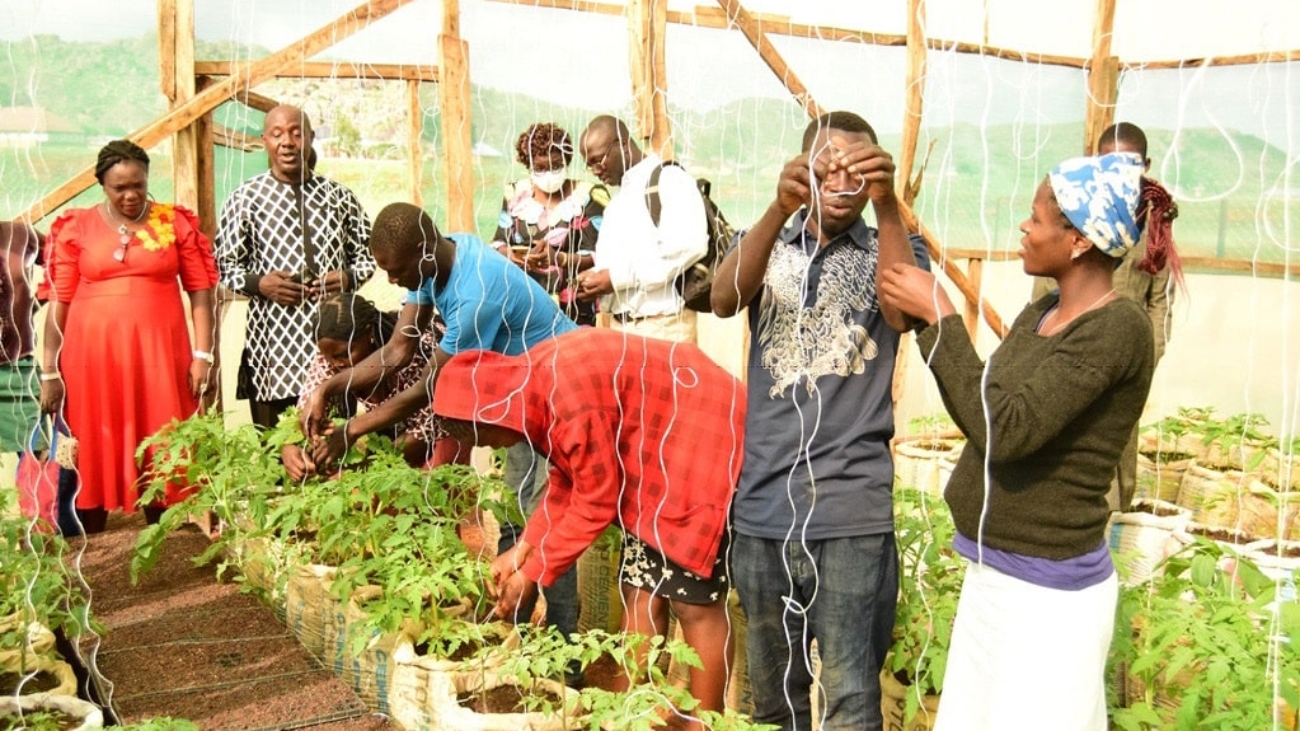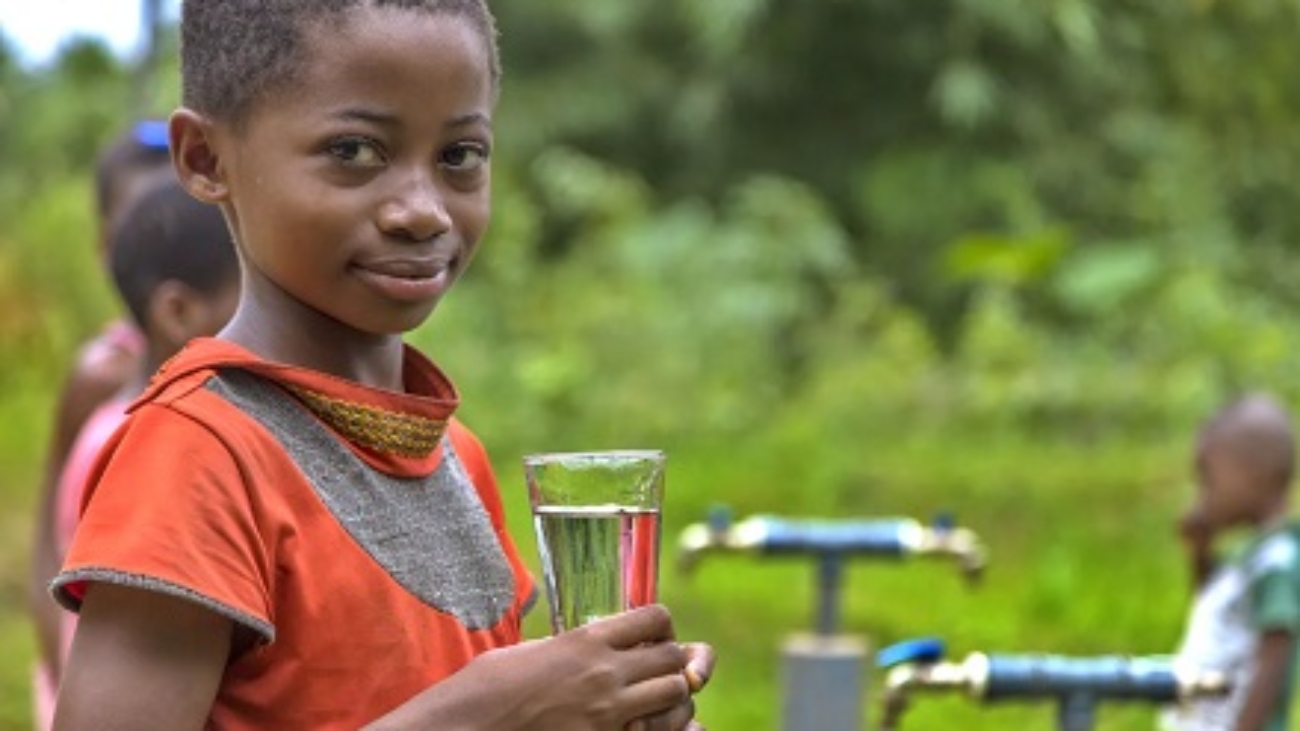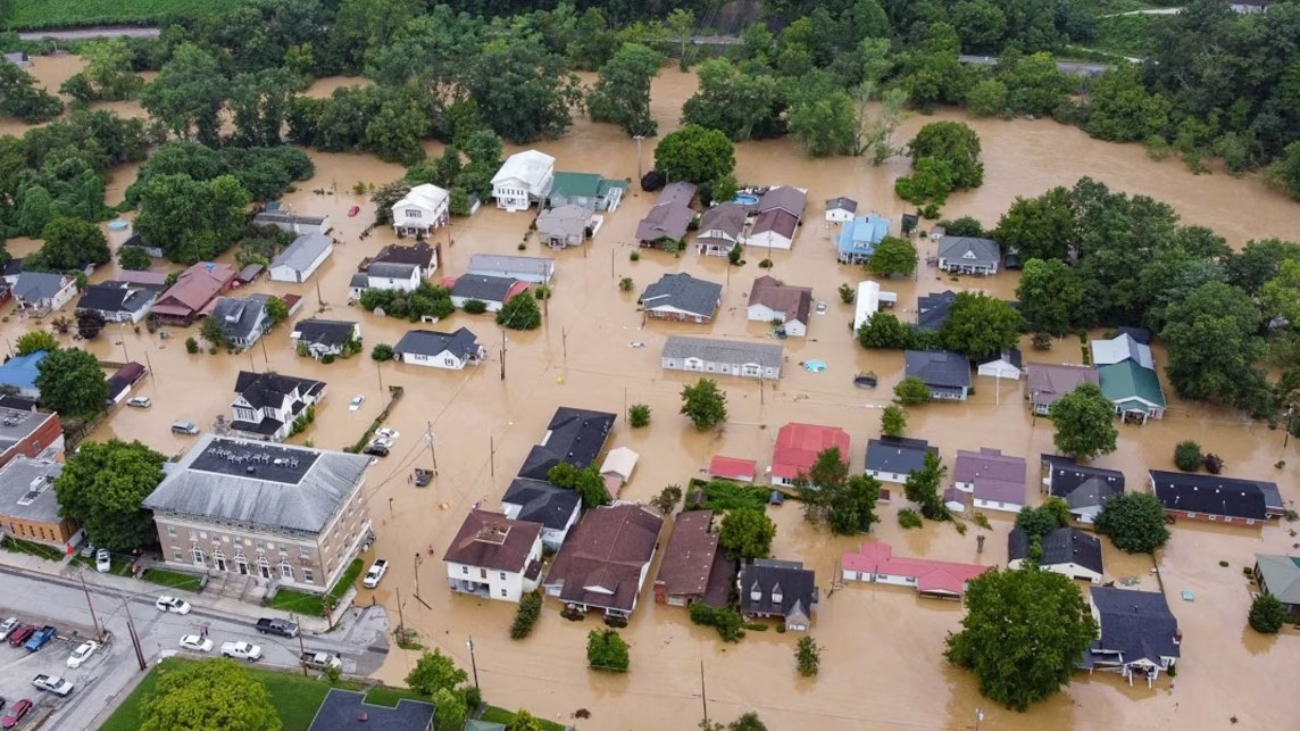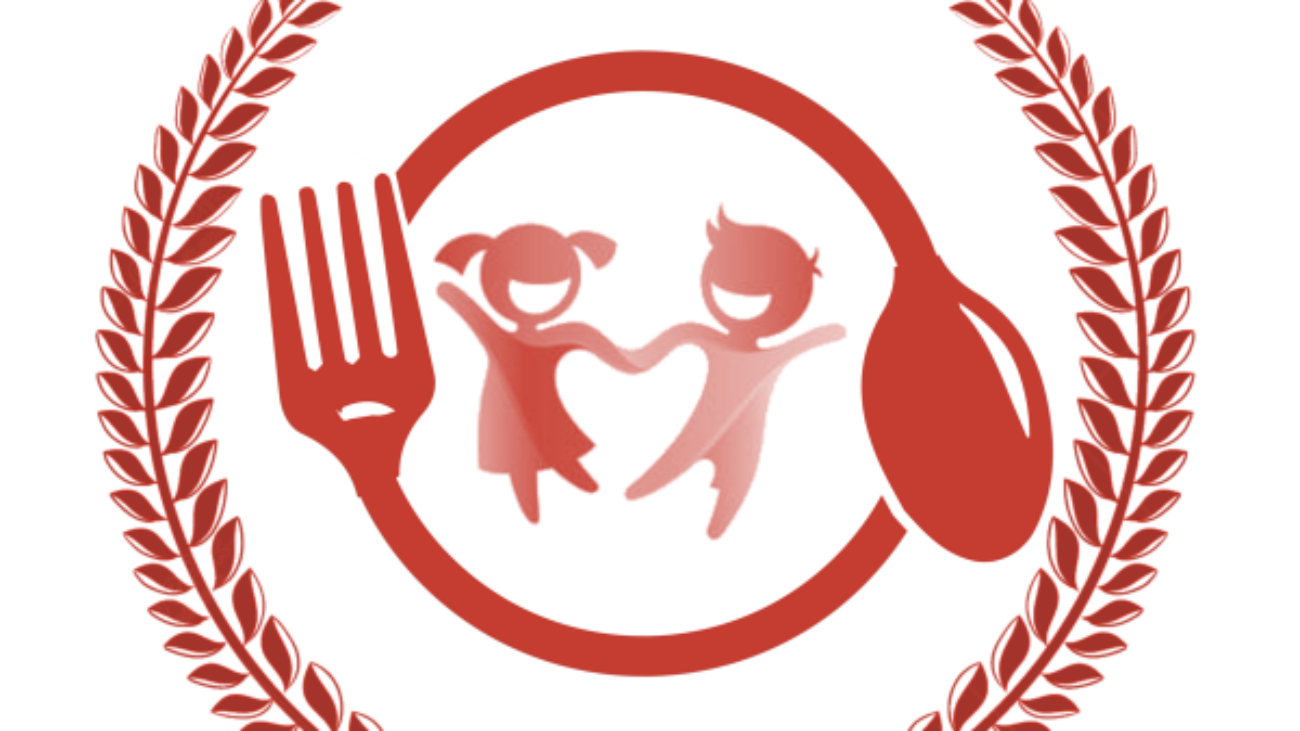Welcome to One Foundation: Who We Are and What We Stand For
At One Foundation, we believe in a world where every person has access to the resources they need to thrive. Our mission is simple yet critical: to tackle the interlinked challenges of climate change, food crises, and infant mortality in communities that need it the most.
Founded on the principles of innovation, collaboration, and community empowerment, we aim to create sustainable solutions that benefit vulnerable populations and future generations.
Our Core Areas of Focus:
1. Climate Change Mitigation
Climate change is one of the biggest threats to humanity. At One Foundation, we focus on raising awareness and implementing projects that help reduce carbon footprints and promote environmental sustainability. From tree planting initiatives to advocacy for renewable energy, our goal is to ensure that communities become more resilient to the impacts of climate change.
2. Combating Food Crises
Food insecurity is a pressing issue, especially in rural and underserved regions. One Foundation works closely with farmers and local communities to promote sustainable farming practices, improve access to nutritious food, and reduce post-harvest losses. We believe in empowering communities to become self-sufficient through agriculture.
3. Reducing Infant Mortality
Every child deserves a chance at life. Unfortunately, infant mortality remains a critical issue in many parts of Nigeria. One Foundation is committed to supporting maternal and child healthcare initiatives that aim to reduce infant mortality rates through education, healthcare services, and access to essential resources.
Our Approach: Empowerment Through Collaboration
We believe that change can only happen when communities are actively involved in creating solutions. That’s why One Foundation partners with local stakeholders, governments, and other non-profit organizations to deliver impactful programs. Our collaborative approach ensures that the voices of those most affected are heard, and sustainable change is achieved.
Join Us on Our Journey
We are dedicated to building a future where the challenges of climate change, food security, and infant mortality are overcome. Through innovation and collaboration, we are working towards a world where every community can thrive.
If you want to learn more about our ongoing projects or get involved, visit our Programs. Stay connected by following us on social media for the latest updates and initiatives. Together, we can make a difference.
Conclusion
One Foundation is more than just a non-profit; it’s a movement for sustainable development. We invite you to join us in making an impact in the areas of climate change, food security, and child health. For more details on how you can support or collaborate with us, please reach out via our Contact Page.
